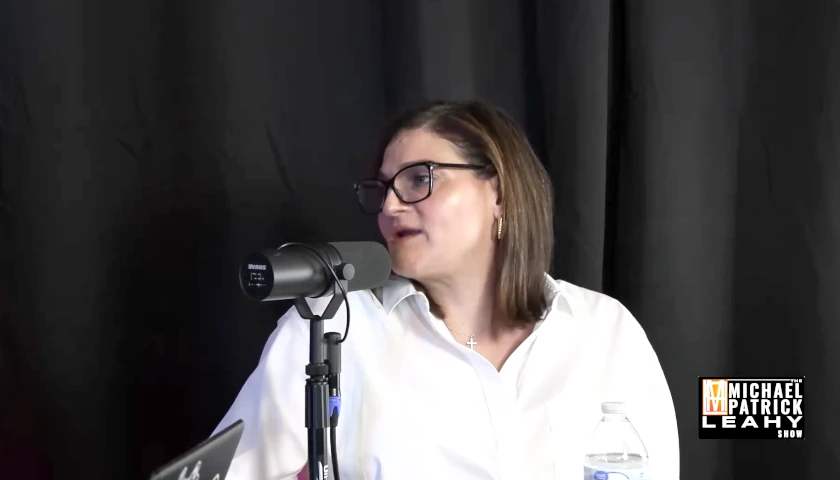Ohio voters are set cast the deciding ballot on two amendments to the state constitution this November. The first is whether or not judges should consider public safety when setting bail for criminals. The second is to determine if non-U.S. citizens should be prevented from voting in local elections.
Both statewide issues have made their way through the Ohio House and Senate to appear as ballot items in the Ohio general election. They are State Issue 1, the Community Safety Amendment; and State Issue 2, the Citizenship Voting Requirement Amendment.
Issue 1 would clarify in the Ohio Constitution that Ohio judges determining the amount of bail for a criminal defendant would be required to consider public safety, criminal records, and the likelihood that an individual would return to court. This ballot issue, if voted in, would remove the Ohio Supreme Court’s current power to choose the rules for granting bail and determining bail amounts.
“Those accused of crimes are innocent until proven guilty, but it’s important that judges are also able to take into account the safety of innocent Ohioans when letting a defendant out on bond,” State Representative D.J. Swearingen (R-Huron) said.
The Americans Civil Liberties Union of Ohio (ACLU) say they oppose the provision in favor of better utilization of pretrial release hearings. The group called the amendment “an unnecessary, politically motivated attempt to enshrine cash bail into the Ohio Constitution under the guise of public safety” in a press release last month.
Issue 2 would prohibit non-U.S. citizens from voting in local elections. Currently, non-U.S. citizens are not permitted to vote in either federal or state elections; however, local governments are able to make legislative decisions that they consider best for their communities. This amendment would change the language in the Ohio Constitution, stating that only U.S. citizens can vote in all elections. A U.S. citizen who is at least 18 years old and who has been a legal resident and a registered voter for a minimum of 30 days would be allowed to vote in any state or local election in Ohio.
“This is about the integrity of our elections,” said State Representative Jay Edwards (R-Nelsonville). “Citizenship matters. We are being proactive to ensure our election laws are clear and unambiguous. I believe this is an issue most Ohioans, regardless of party affiliation, will support.”
However, Democrats like State Representative Michael J. Skindell (D-Lakewood) argue that local governments should be permitted to make their own regulations for local races.
“Issue 2 would add new restrictions to voting for all Ohioans, taking our state backwards,” Skindell (D-Lakewood) said in a recent statement.
Ohioans must register to vote prior to October 11 in order for their voices to be heard on both statewide issues.
– – –
Hannah Poling is a lead reporter at The Ohio Star and The Star News Network. Follow Hannah on Twitter @HannahPoling1. Email tips to [email protected].
Photo “Ohio Supreme Court” by Joffre Essley. CC BY-SA 2.0.





